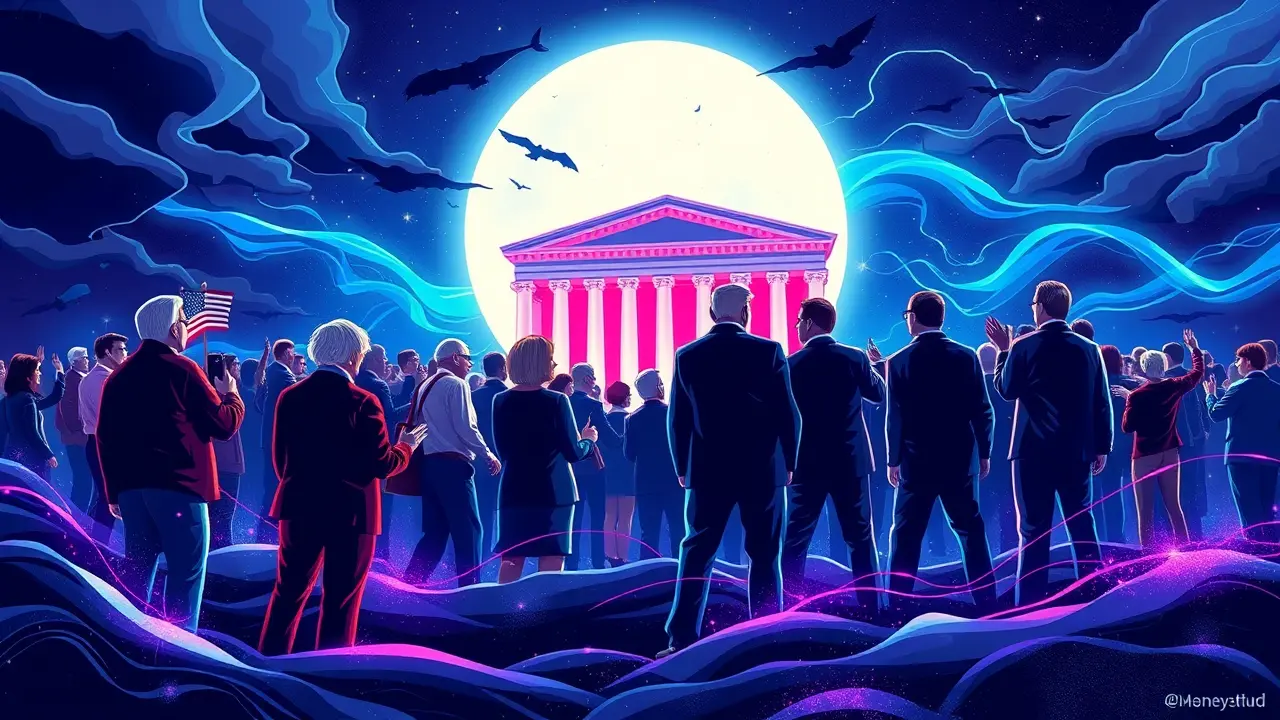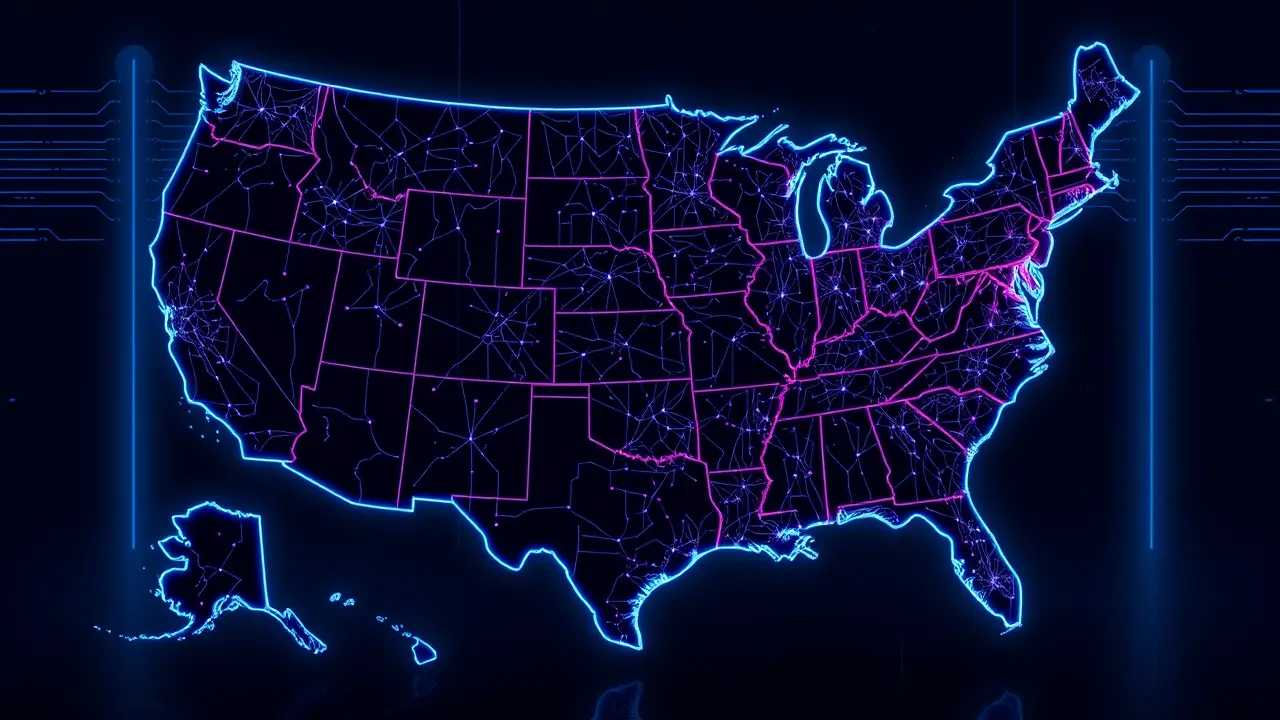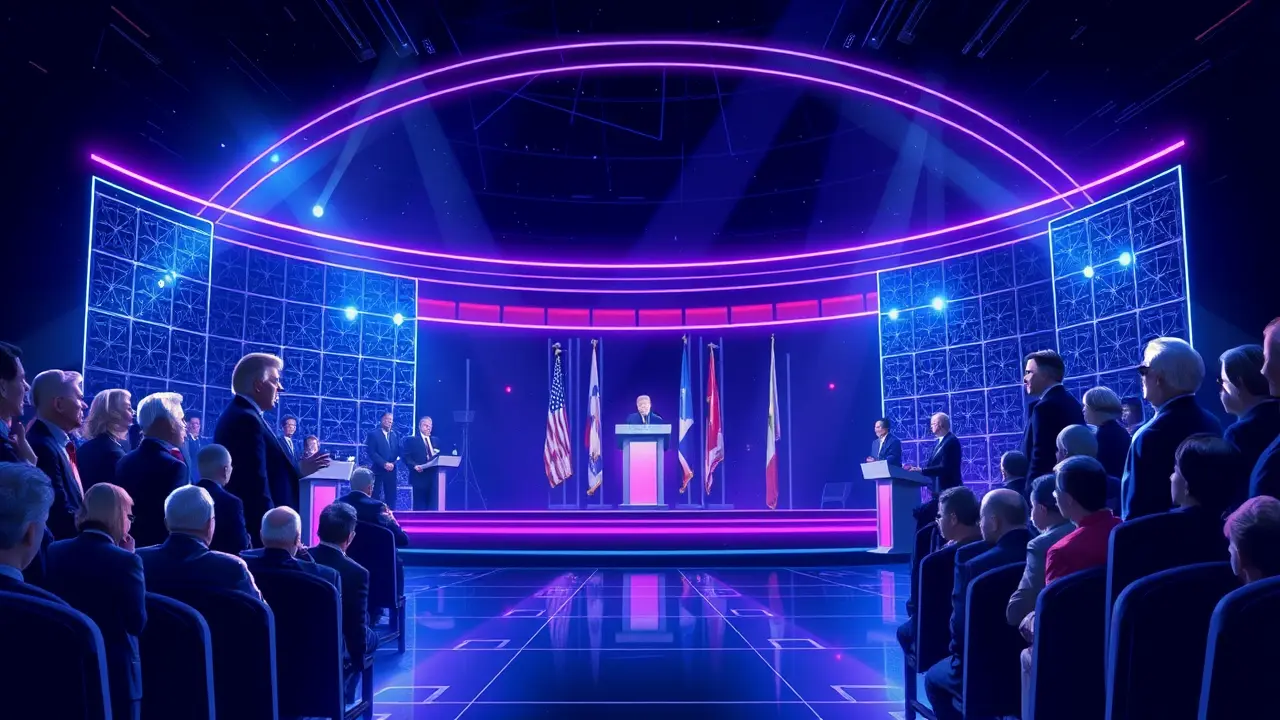
PoliticselectionsPost-Election Analysis
Voters Demand Lower Prices in Election Results Message.
MA
Mark Johnson
8 hours ago7 min read2 comments
The political battlefield has been decisively redrawn, and the message from voters in Tuesday's Democratic victories couldn't be clearer: it's the prices, stupid. While strategists and pundits dissected every demographic shift and campaign ad, the electorate delivered a masterclass in single-issue focus, hammering Republicans with a simple, visceral demand for lower costs on everything from the grocery aisle to the gas pump.This wasn't a subtle policy debate about inflation rates; it was a raw referendum on the wallet, and the GOP, traditionally the party trusted to steward the economy, found itself ambushed on its home turf. The data tells a stark story of this political upheaval.Headline inflation may have cooled to a seemingly manageable 3% over the past year, a figure economic officials point to as a victory, but that statistic is a political anesthetic that has failed to numb the cumulative pain of years of price hikes. Since February 2020, grocery prices have skyrocketed by 29.2%, rents have climbed by a similar margin, and household energy costs have exploded by a staggering 40%. This is the foundational reality upon which voter sentiment was built, a slow-burn financial erosion that made abstract economic indicators feel like a cruel joke.The campaign trail rhetoric from the Trump administration, claiming victory over inflation, collided head-on with the tangible reality of a 20% increase in the cost of a bag of coffee or a 15% jump for ground beef in just the last year. These aren't just data points; they are daily insults, the kind that dominate kitchen-table conversations and ultimately, ballot box decisions.The exit polling data from key races serves as the definitive after-action report. In New Jersey, Fox News found that voters who prioritized the economy broke for Democrat Mikie Sherrill, a former prosecutor, over her Republican opponent, a lifelong businessman.In Virginia, ABC's exit polling confirmed the pattern, with the economy as the top issue and those voters breaking for Democrat Abigail Spanberger by a devastating 20-point margin. This is a catastrophic realignment of political branding.The Republican Party, which has long wielded economic competence as its primary weapon, suddenly finds itself in the very same electoral hole that Democrats have been desperately trying to escape for years—a hole dug by the pervasive, gut-level feeling that the economy, for all its robust growth and tenuous labor market equilibrium, is simply not working for ordinary people. The 'vibes,' as they are now infamously called, are not just awful; they are politically lethal.The lesson for both parties is brutally clear: you cannot sell a macroeconomic success story when the microeconomic experience of the individual voter is one of relentless financial squeeze. The war on inflation, as declared by the Federal Reserve and the administration, may be considered won in the halls of Washington think tanks, but on Main Street, the peace treaty has yet to be signed.Voters are demanding not just a slowdown in price increases, but an actual rollback, a desire that flirts with the economically dangerous territory of deflation. This creates a nearly impossible political puzzle for the victors, who must now navigate the treacherous path between delivering on a populist demand for lower prices and avoiding the broader economic stagnation that deflation can trigger. The 2025 election results are more than a shift in power; they are a stark warning that in modern politics, the consumer price index can be a more powerful force than any political ideology.
#elections
#inflation
#economy
#prices
#consumer sentiment
#Democratic wins
#featured
Stay Informed. Act Smarter.
Get weekly highlights, major headlines, and expert insights — then put your knowledge to work in our live prediction markets.
Related News
© 2025 Outpoll Service LTD. All rights reserved.














